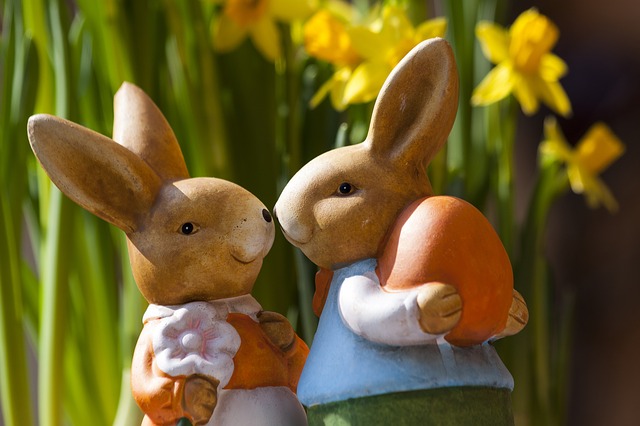“Love is the only sound and satisfactory answer to the problem of human existence.” – Erich Fromm
Most of us have experienced this scenario: someone, perhaps a friend or relative, is letting us know about our partner.
They list the qualities of their partner that drive them crazy, and they tell stories about screaming, insulting, blaming and obstructing. And yet, if you are brave enough to ask why a person remains in a relationship, he or she looks at you confused and says: “ Because I love them .”

We are not always proud of how we relate to the people closest to us. We all have certain protections that can make us resist our loving feelings or avoid intimacy. Love makes us feel vulnerable and even scary because it opens up the possibility for us to suffer.
As people, our struggle with love is many, but perhaps the most serious obstacle in our search to find and maintain real, loving relationships is our main misconception about what love is and our difficulties in achieving this.
Many people believe that love is automatic – something happens to us.
We think of ourselves as a “fall” in love, as if we have no control or choice in this matter. Of course, this often happens: when a small gesture makes us realize how crazy we are for the person we are meeting with, or when our child flashes with his first smile.
I do not deny that people experience their feeling of love as an almost external force that suddenly overtakes them.
However, I believe that many people do not understand or recognize their own, often limited ability to accept and give true love, as well as the power that they must influence and develop.
Almost each of us struggles to some degree to stay in touch with our loving feelings. From the day we were born, our early environment informs our ability to love.
If we feel loved and brought up in childhood, we become more sympathetic and sympathetic. If we had more loving people present in our early life, we are more able to accept and offer love.
If our parents or early educators had difficulty feeling or expressing love for us, we probably have a hard time loving ourselves and can fight in our relationship.
We can distract from self-hatred and self-doubt, and therefore we are not fully accessible and receptive to people close to us and the love that they offer.
We may be afraid of opening up and risking love, therefore we keep those who love us at a distance and our loving feelings for ourselves.
The early experience of feeling pain or deviation can damage our ability to bind to – and support – our loving feelings.
As a result, we begin to defend ourselves and replace or mistake other things for love. We can seek confirmation or security.
We can combine with people who reject, harm or abuse us in ways that feel old, familiar, and comfortable.
Without realizing this, we choose partners whose protection corresponds to ours.
This prevents us from reaching the closeness that we think we want but has difficulties with the transfer because it is so different from what we are used to.